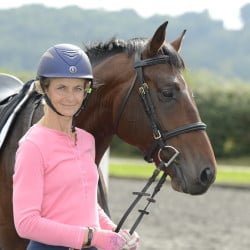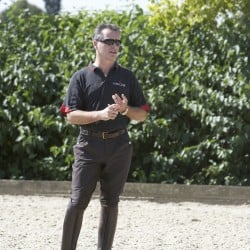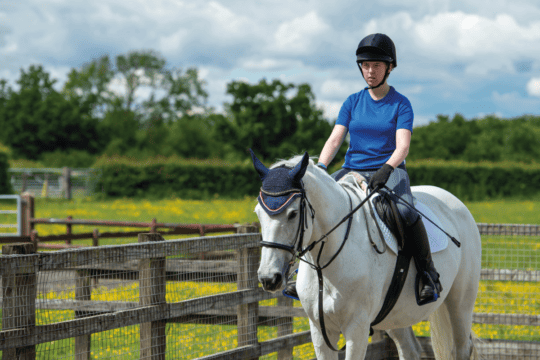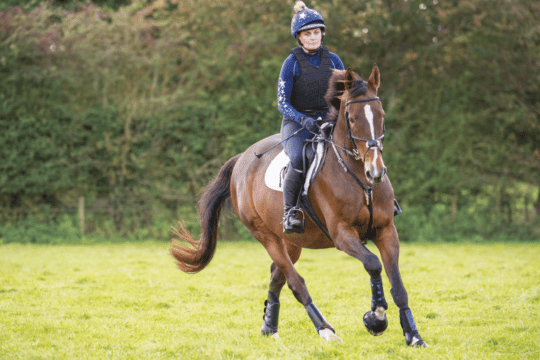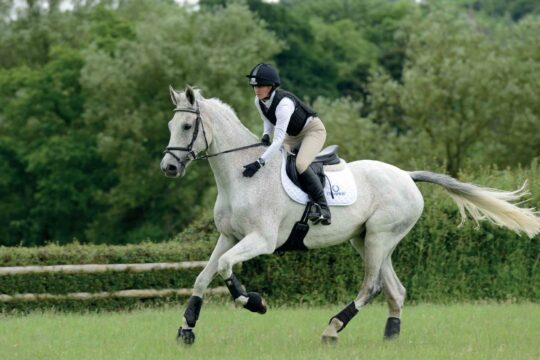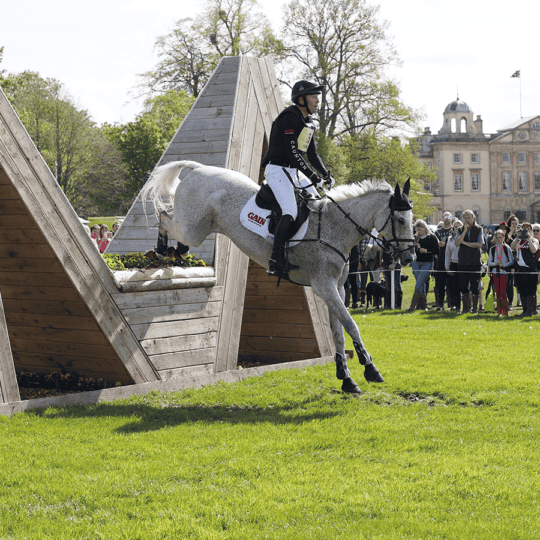Featured Professional

Anna Haines
Anna is a qualified Equine Behaviour Consultant based in Cheshire, who has been around horses for most of her life, having started riding at the age of five. She is a regular contributor to Horse&Rider and is a member of our 'Ask the Expert' team.
Equine behaviourist, Anna Saillet, explains how we can tune in to our horse’s body language and listen to what they are telling us
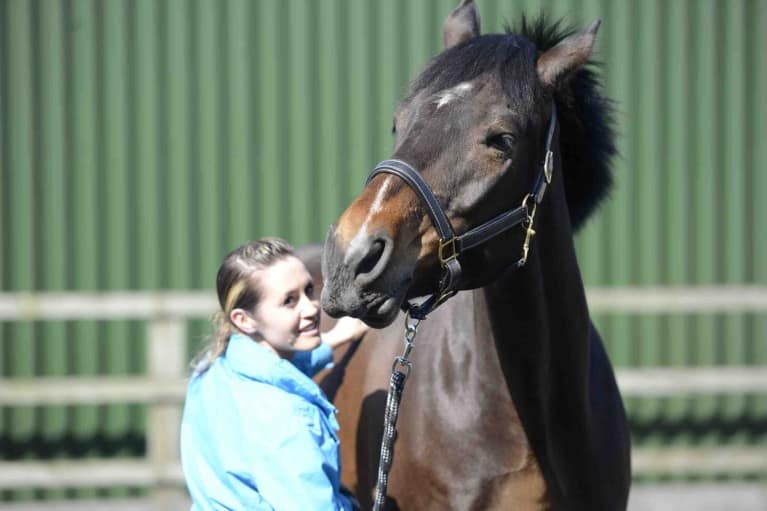
Horses are social prey animals who evolved to live on open plains. Being a prey animal means it’s essential that they can communicate clearly, quickly and quietly with their fellow herd members to alert each other to approaching threats and respond quickly as a group to danger. As a result, horses’ body language is highly developed and they often use very subtle behavioural indicators to communicate with one another.
As owners and carers, it’s our responsibility to ensure we understand our horses’ body language, which is much more subtle than we are often led to believe. While you will recognise obvious, demonstrative behaviours such as rearing, bucking, biting or kicking, you might miss the numerous smaller signals he gives off before he resorts to these big, unwanted and often unmanageable behaviours.
Anna explains how horses communicate using sensory indicators, facial expressions, posture and movement. For example, the shape of your horse’s eye tells you a lot. When a horse becomes more stressed, his upper eyelid is likely to become more triangulated. In more subtle cases, wrinkles may appear above his eye. Very fearful horses often show the whites of the eye – a definite sign that he may be frightened.
A horse’s eye can tell you a great deal about how he is feeling, although it can be difficult to clearly describe the eye’s expressions. Many of us will have experienced the look of an old pony whose eyes seem distant and almost as if no one is home, compared to the bright eyes of a young, inquisitive pony who is interested in all of his surroundings. Studying your own horse’s eyes is an important part of getting to know him, and understanding his expressions and what he is telling you.

